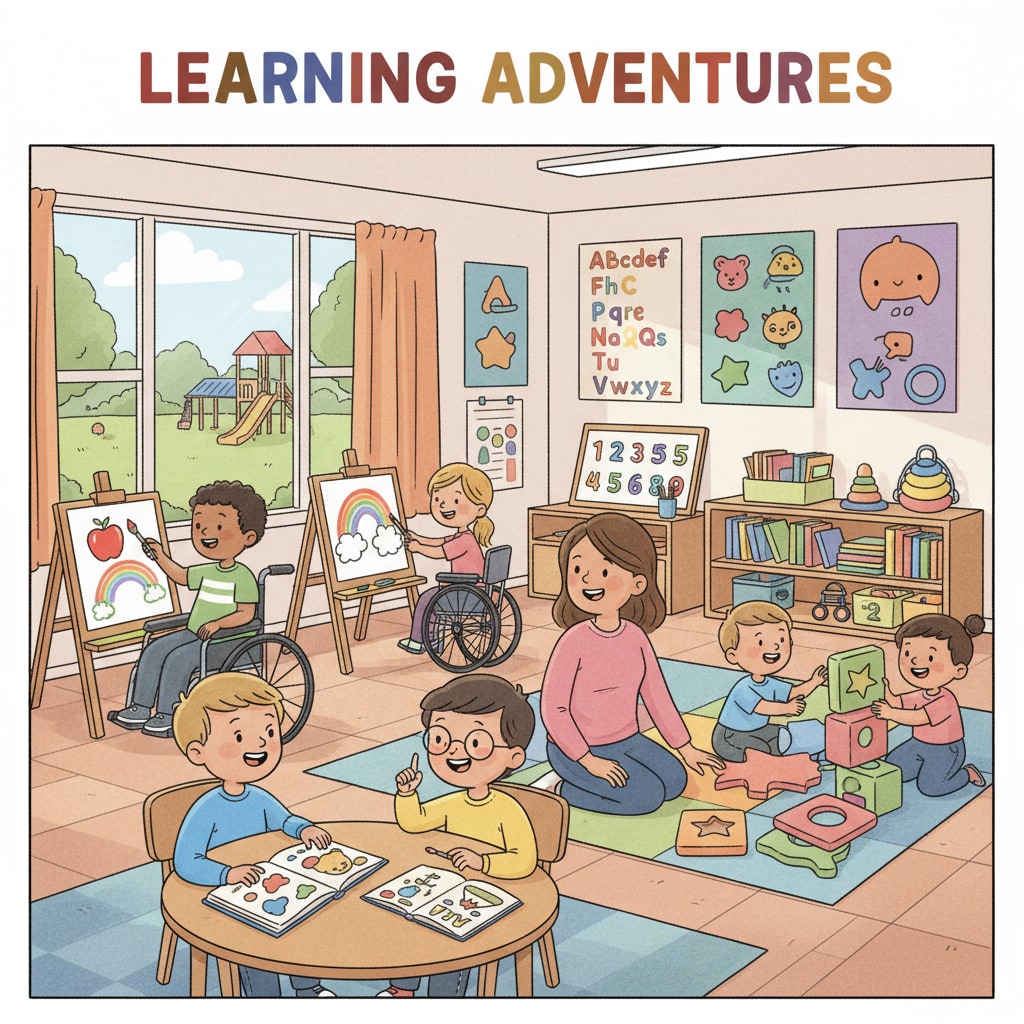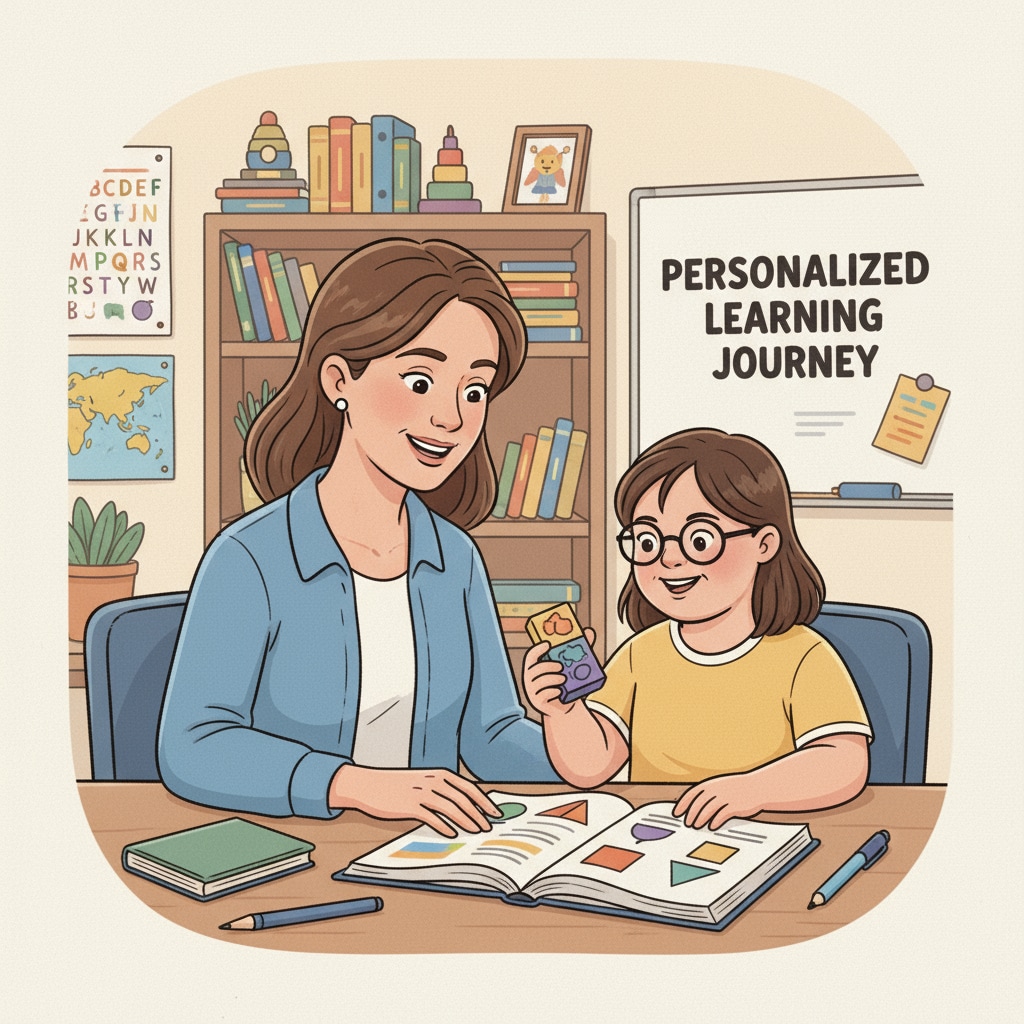Educational choices, homeschooling, and school trauma are crucial aspects to consider when it comes to special needs children. Parents often find themselves at a crossroads, trying to determine the best educational path for their kids. In this article, we will delve into the various options available, exploring both the traditional and alternative routes to education.

The Limitations of Traditional Schooling
Traditional schools are designed to cater to the majority of students, which can pose challenges for special needs children. The one-size-fits-all approach often fails to address the unique learning requirements of these kids. For example, a child with a learning disability may struggle to keep up with the fast-paced curriculum. As a result, they may experience feelings of frustration and inadequacy, which can lead to school trauma. According to Understood.org, many special needs children face difficulties in mainstream classrooms due to lack of individualized support.
The Rise of Homeschooling
Homeschooling has emerged as a popular alternative for parents of special needs children. It offers the flexibility to create a personalized learning environment tailored to the child’s specific needs. With homeschooling, parents can adjust the pace, curriculum, and teaching methods to suit their child’s learning style. For instance, a child with sensory processing issues can learn in a calm and controlled environment at home. However, homeschooling also comes with its own set of challenges. Parents need to be well-prepared and have access to appropriate resources. As stated by Home School Legal Defense Association, homeschooling parents must ensure they are meeting educational requirements while providing a quality education.

Alternative educational options are also available for special needs children. These can include specialized schools, therapeutic programs, and online learning platforms. Specialized schools focus on providing targeted support for specific disabilities, such as autism or dyslexia. Therapeutic programs integrate therapy into the educational curriculum, helping children develop essential skills. Online learning platforms offer a range of courses designed for special needs students, providing access to education from anywhere. Each of these options has its own advantages and considerations, and parents should carefully evaluate them based on their child’s needs.
Readability guidance: In this article, we have explored different educational choices for special needs children, highlighting the limitations of traditional schooling, the benefits and challenges of homeschooling, and alternative options. By understanding these options, parents can make informed decisions to avoid school trauma and provide the best possible education for their children.


